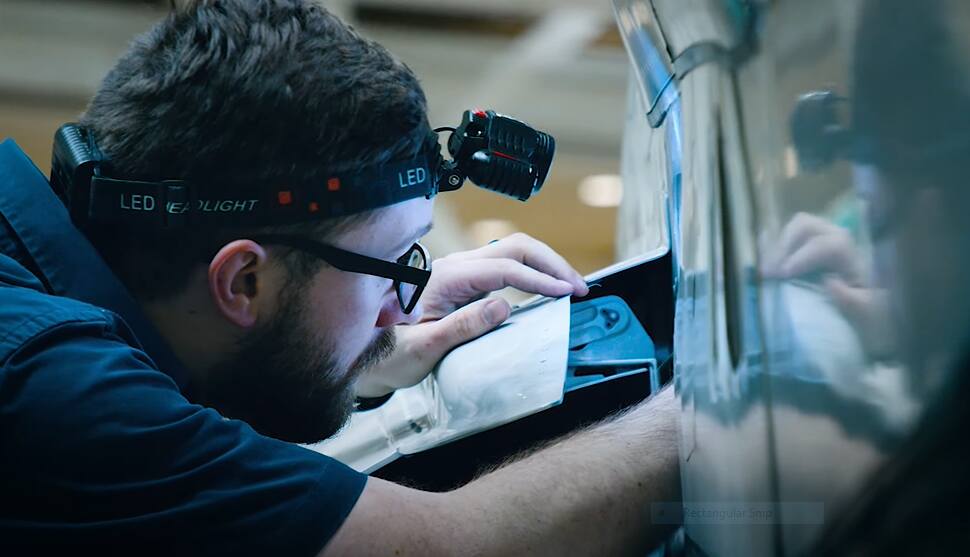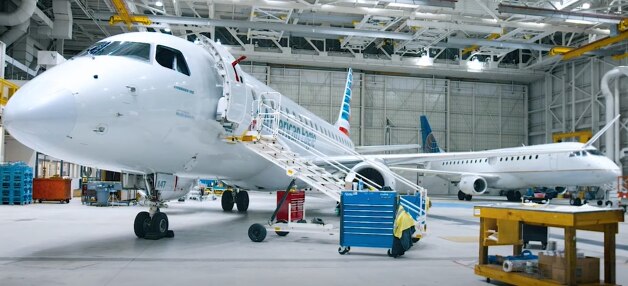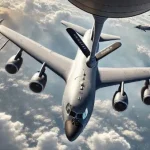Yes, If you love aviation and want to work with modern technology while earning a competitive salary, then a career as an aircraft technician is an excellent choice. This profession offers the opportunity to engage in hands-on work, solve complex problems, and contribute to aviation safety. With steady demand for skilled technicians and various paths for advancement, it’s a rewarding job for those passionate about the field.
Why is an aircraft technician a good job?
Being an aircraft technician can be a great job for several reasons:
1. Job Stability
The aviation industry is known for its resilience, with a constant demand for qualified aircraft technicians. According to Boeing’s pilot and technician outlook, the industry will require 716,000 new technicians. aircraft As air travel continues to grow, skilled technicians are essential for maintaining and repairing aircraft.
2. Competitive Salary
Aircraft technicians often enjoy attractive salaries that increase with experience and specialization. With a low cost and less time for pursuing an aircraft technician course than a university degree, it offers a good starting pay which ranges from $20-$25/hour. With additional certifications, many technicians find opportunities for even higher earnings.
3. Career Advancement
There are numerous pathways for career growth within this field. Technicians can advance to supervisory roles, management positions, or certifying staff in areas like airframe, powerplant, avionics, or structural repair, allowing for diverse career trajectories.
4. Dynamic Work Environment
Each day presents new challenges, as technicians work on various aircraft and systems. Don’t worry, it is really fun to isolate the faults encountered by the aircraft computers and the manuals will guide you to solve such a variety of problems. Challenges make a job interesting and don’t create a monotonous work environment.
5. Contribution to Safety
Aircraft technicians play a vital role in ensuring the safety and reliability of air travel. Knowing that your work directly contributes to passenger safety can be incredibly fulfilling
6. Hands-On Work
If you thrive in a hands-on environment and enjoy problem-solving, this career is a perfect match. You’ll be directly involved in the mechanics and technology that keep aircraft flying.
7. Clear Path to Certification
The path to becoming an aircraft technician includes structured education and certification options. Many technical schools and community colleges offer programs tailored to this field, providing a solid foundation for your career.
What qualification do you need to be an aircraft technician?

Aircraft technician certifications
You need to have a certificate from the Federal Aviation Administration (FAA). Basically, the certificate has two ratings known as airframe (A) and Powerplant (P). You can seek any of them. If you want to seek both ratings, the FAA will provide you with a certificate called A&P certificate. You can become a rated aircraft technician after getting a certificate of any type.
Requirements to get aircraft technician certification
To become qualified for the aircraft technician certification there are some requirements mandated by the FAA. The following are the requirements:
- Age: must be at least 18 years
- Language: English is mandatory (reading, writing, speaking and understanding)
- Practical Experience: minimum 18 months for Airframe (A) or Powerplant (P) certification. For both “A & P certification” it should be at least 30 months
- Course: You must complete an appropriate course from an Aviation Maintenance Training School which is approved by the FAA.
- Tests: Require to pass three tests (Knowledge, Oral and Practical)
Once you cover all the requirements and pass the test conducted by the FAA, you will get the aircraft technician certification. This certification will enhance your career in your job.
Aircraft technician job opportunities
Aircraft technician job opportunities can be found in various sectors within the aviation industry. Here are some key areas where you might find positions:
- Commercial Airlines: Technicians are needed for routine maintenance, repairs, and inspections on passenger aircraft.
- Cargo Airlines: Similar to commercial airlines, but focused on freight operations.
- Private Aviation: Maintenance for private jets and small aircraft often requires specialized technicians.
- Aircraft Manufacturing: Opportunities exist in the assembly and testing of new aircraft.
- MRO Facilities (Maintenance, Repair, and Overhaul): Companies that specialize in providing maintenance services for different types of aircraft.
- Government and Military: Positions are available maintaining military aircraft and supporting aviation operations.
- Aerospace Companies: Working on research, development, and testing of new technologies or aircraft designs.
- Helicopter Services: Opportunities in maintenance and repairs for helicopter operations.
- Educational Institutions: Teaching positions for aspiring aircraft technicians.
Conclusion
In conclusion, embarking on a rewarding career as an aircraft technician at an early stage in life is entirely achievable. This path not only typically requires less investment than many other degrees, but it also offers worldwide recognition and respect. If you resonate with the insights discussed in this article, pursuing a career as an aircraft technician could be a great choice for your future.




1 thought on “Is An aircraft technician a good job?”
Comments are closed.